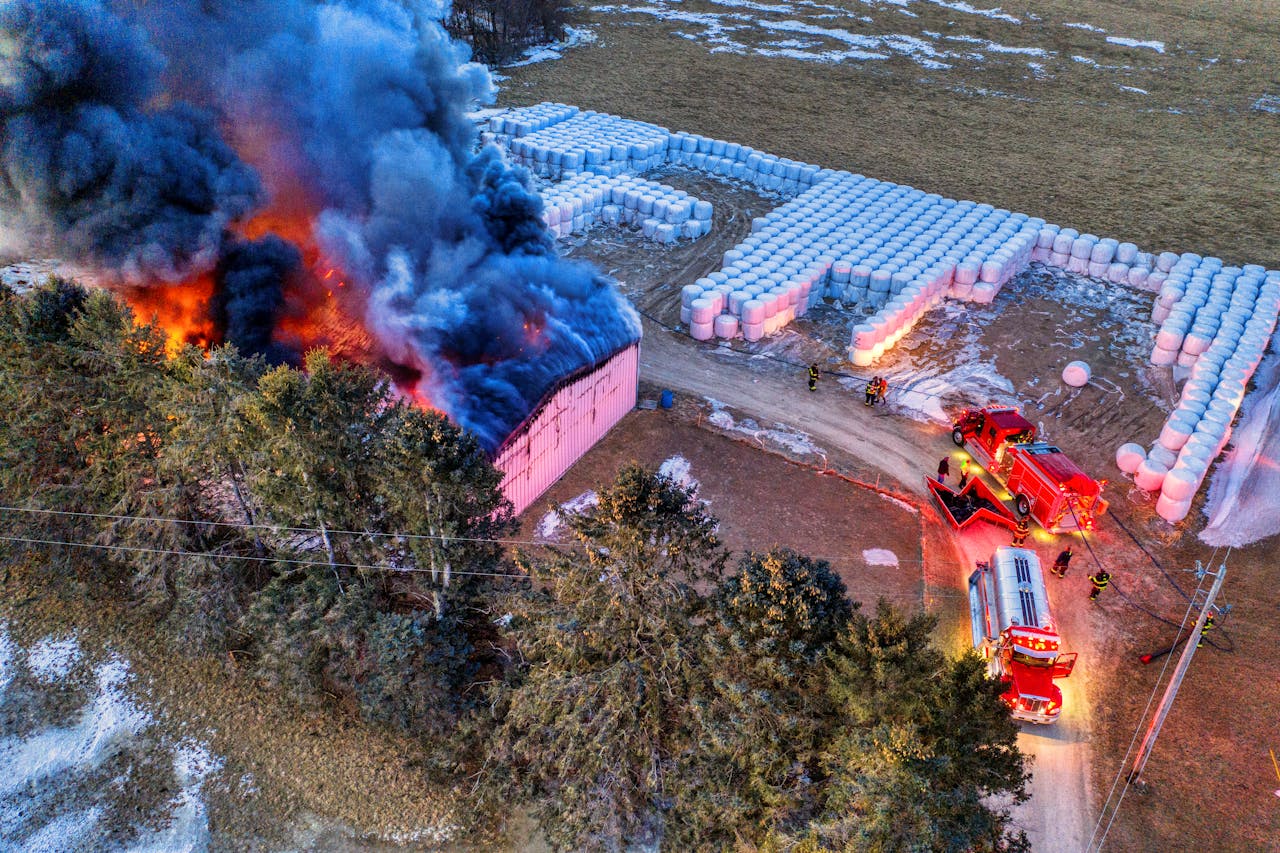
5 Tips for Quality Workers’ Compensation Investigations
 Employers expect quality work from workers’ comp claims adjusters. If an adjuster does a thorough investigation and provides timely feedback and information regarding the claim, an employer will be satisfied regardless of the outcome of the claim.
Employers expect quality work from workers’ comp claims adjusters. If an adjuster does a thorough investigation and provides timely feedback and information regarding the claim, an employer will be satisfied regardless of the outcome of the claim.
Claims and risk managers are looking for attention to quality in the handling of their workers’ compensation claims. It doesn't matter if the claim was approved or denied: If it’s clear that a claim was handled appropriately and with a high attention to detail, they will have more confidence in their workers’ comp claims adjuster.
Tip 1: Cover the Basics
To determine the compensability of a claim, it should be properly and thoroughly investigated. A workers’ comp claims adjuster must have the relevant experience and knowledge of the basics.
In order to determine if a claim is compensable, the following areas should be considered:
- In what state was the claim filed?
- Depending on the state, does Extended Premises Doctrine apply?
- Were there witnesses and were they interviewed?
- What were the weather conditions at the time of the accident?
- Who owns and maintains the premises?
- Was there a dedicated place for the employee to park?
- Was there ongoing construction in the parking lot?
- Is there an opportunity for subrogation?
These are some of the basic areas an adjuster should focus on to determine the compensability of any claim.
See Also: How to Create an Effective Workers’ Compensation Action Plan (veritasclaims.com)
Tip 2: Take Immediate Action
The workers’ comp claims adjuster should contact you within the first 24 hours and come onsite, and photos should be taken. If your adjuster can’t get onsite that quickly, your human resources personnel should check out the location where the incident occurred and take some pictures. A smartphone camera will work fine for this.
Since you need to document how the scene looked at the time of the accident, it’s important to take pictures as soon as possible. If you wait two or three days, a lot can change and your pictures may not reflect the incident accurately.
Tip 3: Review Video Footage
Since video footage is common for security needs, it has increasingly become a part of the workers’ claim file. Video footage can offer information about the scene of the injury that may not show up in photos and can also give an accurate depiction of how the incident occurred.
As a result, reviewing the videos is an important part of any workers’ compensation investigation. When video footage is available, the adjuster should review it as part of their checklist.
Tip 4: Review the Claimant’s Medical History
It’s important to inquire about your claimant’s medical history after they submit a workers’ compensation claim. Did the employee recently visit their primary care physician or walk-in clinic prior to the first report of the injury (FROI) and if so, are those records being reviewed? There are best practices when taking recorded statements that the adjuster should follow, including asking the right questions, and asking them many times.
In one case, an employee claimed they twisted their ankle in the company parking lot upon arrival at work Monday morning and submitted a workers’ compensation claim. When reviewing various medical records from the physician and hospital, the workers’ compensation claims adjuster adjuster discovered the employee sustained an injury over the weekend at a soccer game, and the claim was subsequently denied.
See also: How to Prevent “Fact-cidents” When Handling Workers Comp Claims (veritasclaims.com)
Tip 5: Pay Attention to Details
Weather conditions during the day and time of the accident are essential. How is the adjuster verifying the weather conditions?
If an employee claims that they slipped on ice in the parking lot on their way into work, you should likely find out whether the freezing rain started at 7:00 am on Monday or 9:15 am.
Simple Google searches will provide a lot of information. Sites such as Weather Underground can provide even more weather data. In addition to temperature, humidity, visibility, and wind for a given day, the site provides events such as fog and thunderstorms for each day down to the hour.
Were parking lot maintenance records checked? Maybe an issue such as a pothole was reported to the party who owns or maintains the parking lot but never repaired?
See also: 7 Factors to Consider When Handling Slip & Fall Claims (veritasclaims.com)
Conclusion
Insurers don’t mind paying workers’ compensation claims that have been handled properly. The quality of the claim handling, regardless if the claim was approved or denied, is what insurers expect from their adjusters. During the claim handling process, it is important to look at all the factors surrounding the accident to make the right decisions.
Veritas Administrators specializes in nationwide workers’ compensation claims handling. Customizable to fit your needs, our team can serve as an extension of your organization in a full TPA capacity or specific task work.
Schedule a call to learn more about all the ways in which Veritas can take workers’ compensation claims problems off of your desk.


